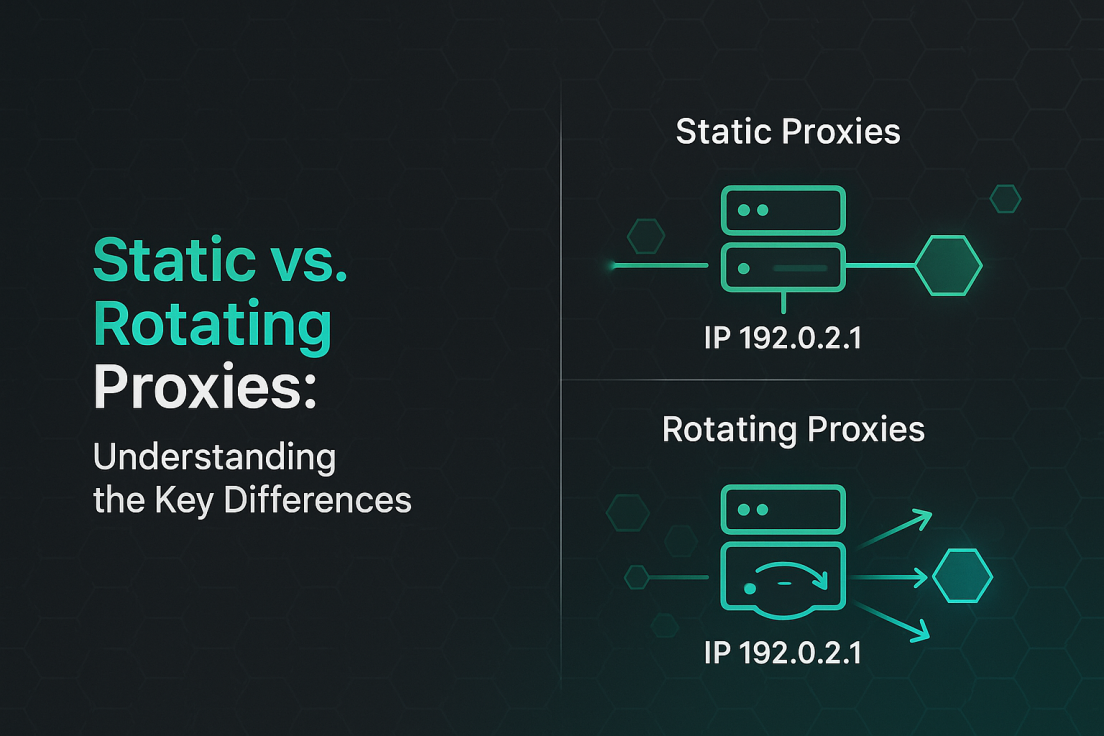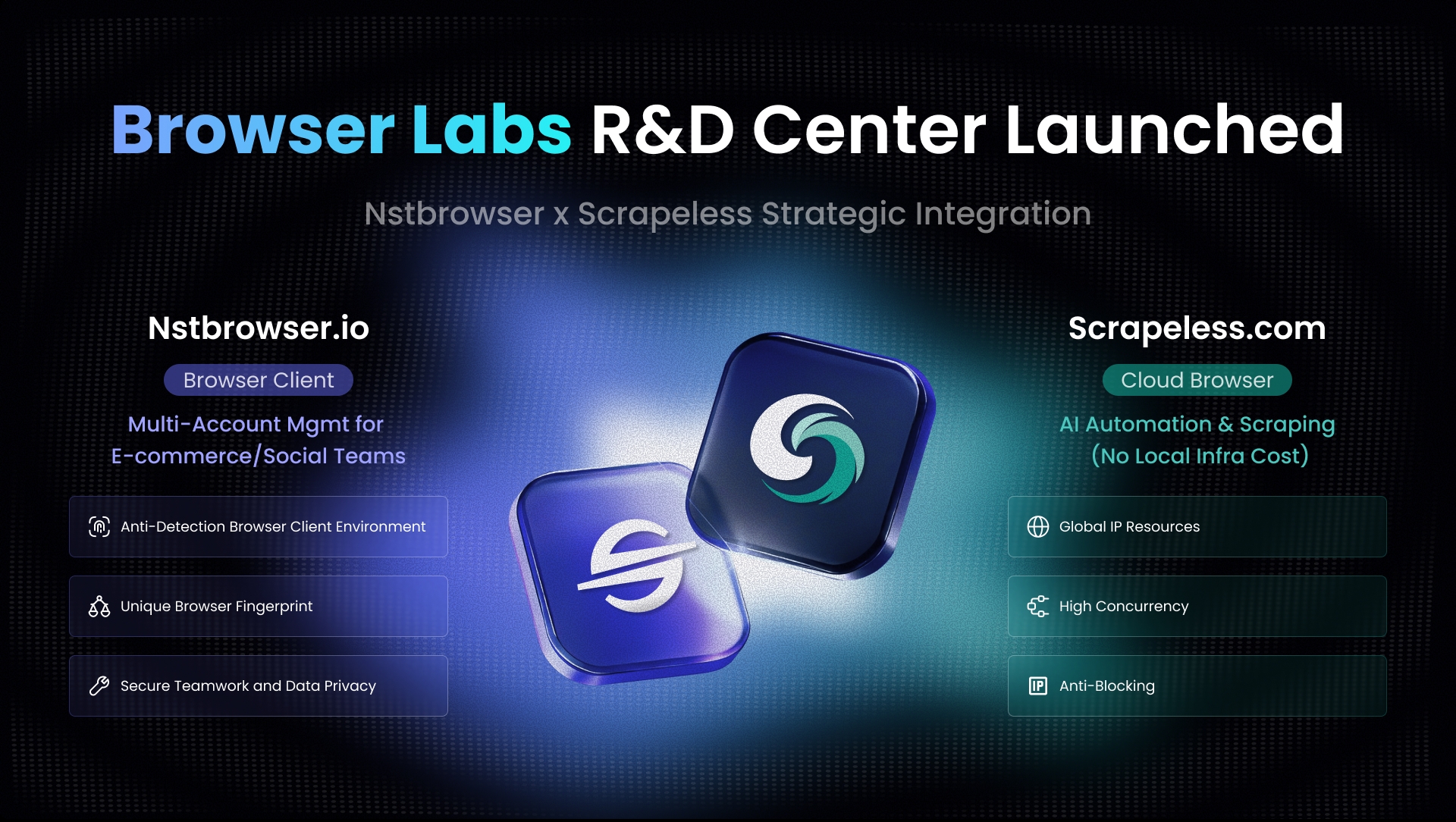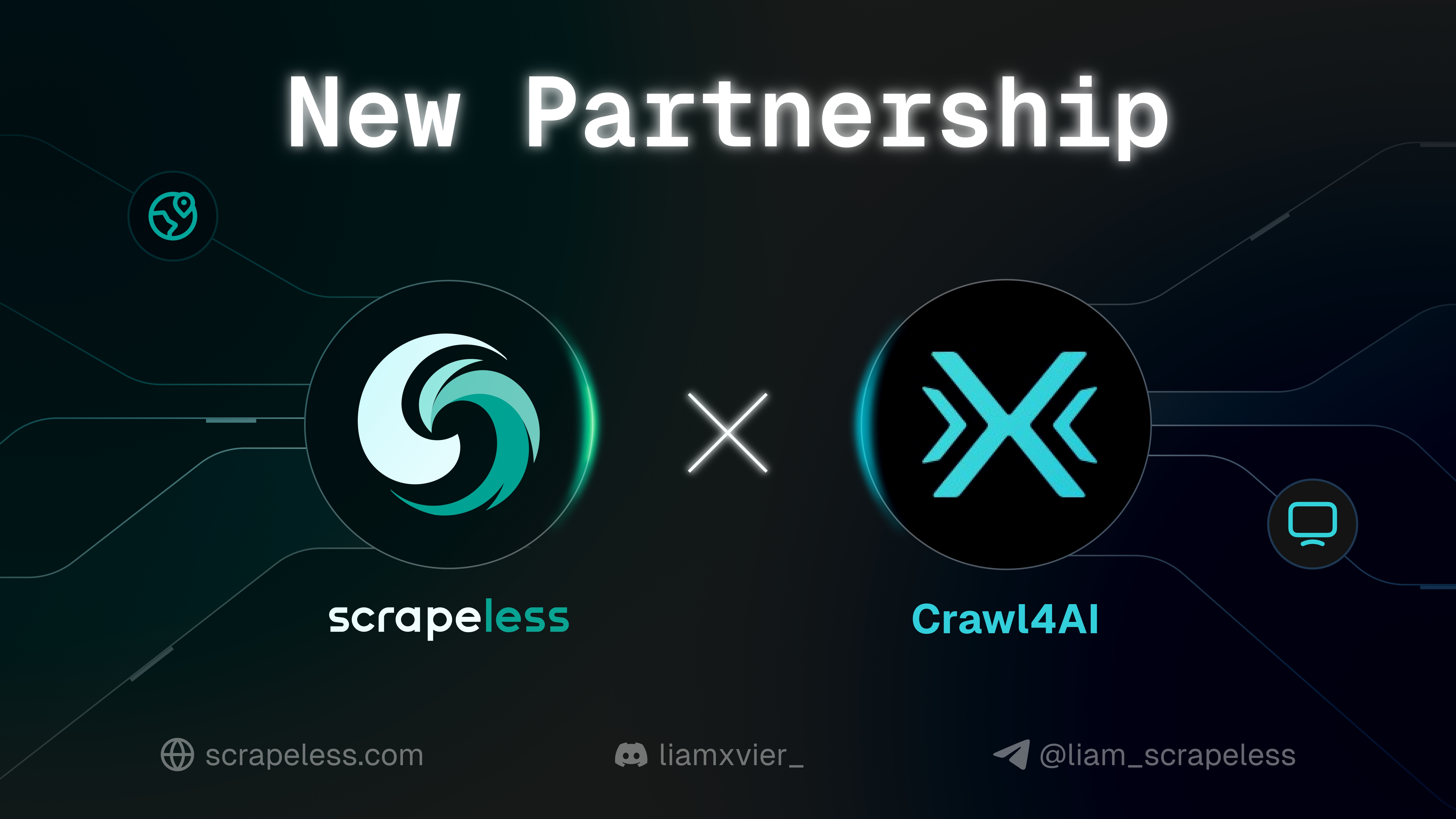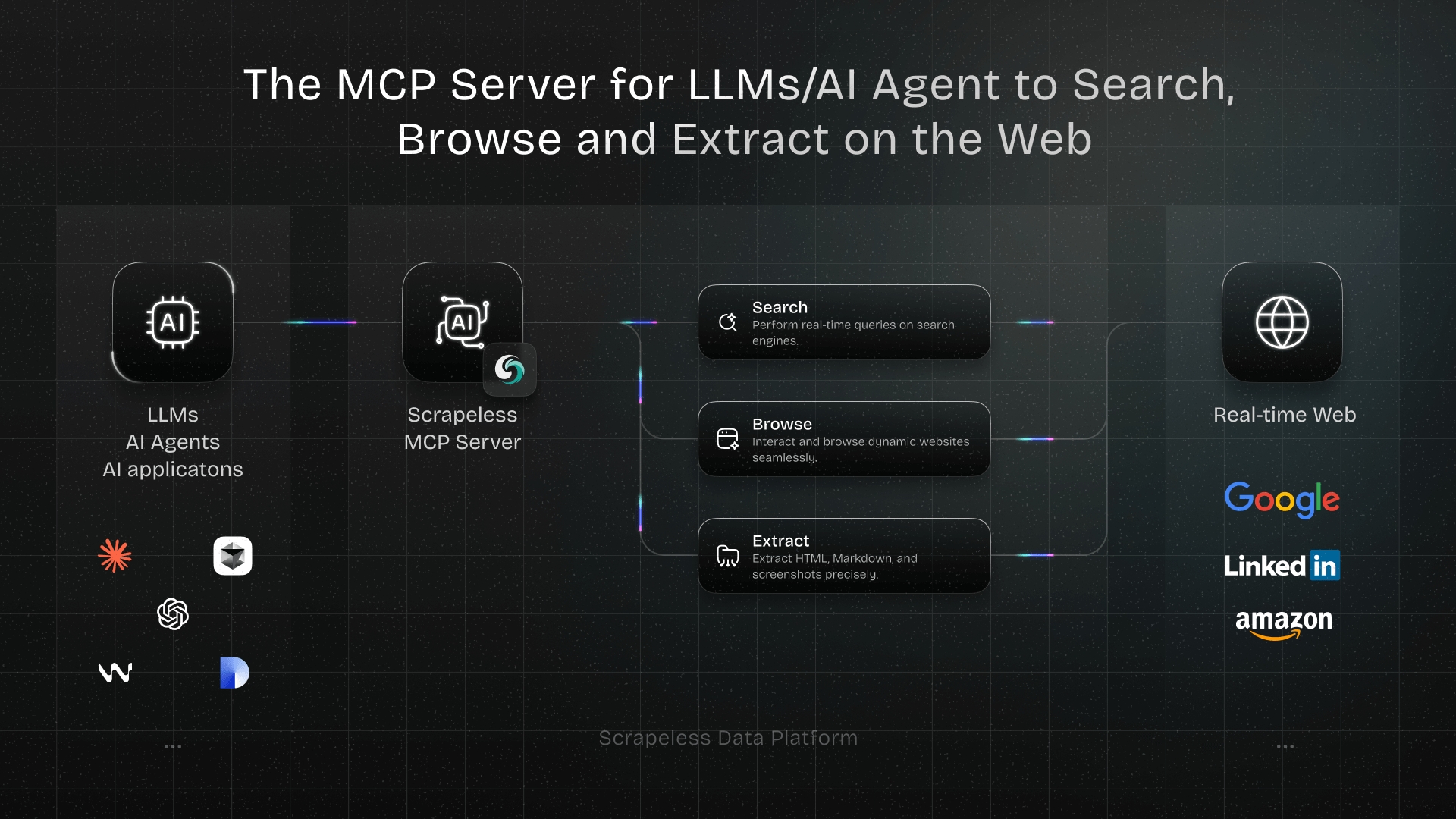Static vs. Rotating Proxies: Understanding the Key Differences
Expert Network Defense Engineer
Key Takeaways
-
Static Proxies: Offer a fixed IP address, ideal for tasks requiring consistent identity over time.
-
Rotating Proxies: Automatically change IP addresses at intervals, enhancing anonymity and reducing detection risks.
-
Use Cases: Static proxies are suitable for managing accounts and multi-step processes; rotating proxies excel in web scraping and large-scale data collection.
-
Performance: Static proxies provide stable connections; rotating proxies may experience slight latency due to IP changes.
-
Security: Rotating proxies offer higher anonymity by frequently changing IPs; static proxies may be more vulnerable to detection if overused.
Introduction
When engaging in online activities that require masking your IP address, choosing the right type of proxy is crucial. Two primary options are static proxies and rotating proxies. Each serves distinct purposes and is suited for different tasks. Understanding their differences will help you select the appropriate proxy for your needs.
What Are Static Proxies?
Static proxies provide a single, unchanging IP address for the duration of your session. This consistency is beneficial for tasks that require a stable online identity.
Key Features
-
Fixed IP Address: The IP remains the same throughout the session.
-
Session Continuity: Ideal for activities that require maintaining the same IP over time.
-
Lower Cost: Generally more affordable than rotating proxies.
Use Cases
-
Managing Multiple Accounts: Maintaining different social media or e-commerce accounts.
-
Multi-Step Processes: Engaging in activities like online shopping or ticket purchasing that require a consistent IP.
-
SEO Monitoring: Tracking website rankings and analytics.
What Are Rotating Proxies?
Rotating proxies automatically change the IP address at regular intervals or after each request, enhancing anonymity and reducing the likelihood of detection.
Key Features
-
Dynamic IP Rotation: IP addresses change periodically or per request.
-
Enhanced Anonymity: Difficult for websites to track or block due to frequent IP changes.
-
Scalability: Suitable for large-scale data collection and web scraping.
Use Cases
-
Web Scraping: Collecting data from websites without triggering anti-bot measures.
-
Ad Verification: Ensuring ads are displayed correctly across different regions.
-
Price Monitoring: Tracking competitor prices in real-time.
Comparison Summary
| Feature | Static Proxies | Rotating Proxies |
|---|---|---|
| IP Address | Fixed | Changes periodically or per request |
| Anonymity | Moderate | High |
| Session Continuity | Excellent | Varies |
| Scalability | Limited | High |
| Ideal For | Account management, SEO monitoring | Web scraping, ad verification, price monitoring |
| Cost | Generally lower | Higher due to infrastructure |
Case Studies
1. E-Commerce Account Management
An online retailer manages multiple accounts across various platforms. Using static proxies ensures each account maintains a consistent IP, reducing the risk of account suspension due to suspicious activity.
2. Web Scraping for Market Research
A company collects data from competitor websites to analyze pricing strategies. Employing rotating proxies allows for continuous data collection without triggering anti-bot defenses, providing a comprehensive dataset for analysis.
Recommended Tool: Scrapeless
For efficient and reliable proxy management, consider using Scrapeless. Scrapeless offers both static and rotating proxy solutions tailored to your specific needs, ensuring optimal performance and security.
Conclusion
Choosing between static and rotating proxies depends on your specific requirements. Static proxies are ideal for tasks requiring a consistent online identity, while rotating proxies are better suited for activities that demand high anonymity and scalability. Assess your needs carefully to select the appropriate proxy type.
For comprehensive proxy solutions, Scrapeless provides both static and rotating proxies to meet diverse needs.
FAQ
Q1: Can I use rotating proxies for managing multiple accounts?
While rotating proxies offer enhanced anonymity, they may not be suitable for managing multiple accounts that require a consistent IP address. In such cases, static proxies are recommended.
Q2: Are static proxies more secure than rotating proxies?
Static proxies provide a stable connection, but their fixed IP addresses can be more easily detected and blocked. Rotating proxies offer higher anonymity by frequently changing IP addresses, making them more secure for activities like web scraping.
Q3: How do I choose the right proxy for my needs?
Consider the nature of your tasks. If you require a consistent online identity, static proxies are suitable. For tasks that demand high anonymity and scalability, rotating proxies are preferable.
Q4: Can I switch between static and rotating proxies?
Yes, many proxy providers offer both static and rotating proxies. You can choose the type that best fits your current needs and switch as your requirements change.
Q5: Are there free proxy services available?
While free proxy services exist, they often come with limitations such as slower speeds, fewer IP addresses, and higher risks of being blocked. For reliable and secure proxy services, consider using reputable providers like Scrapeless.
At Scrapeless, we only access publicly available data while strictly complying with applicable laws, regulations, and website privacy policies. The content in this blog is for demonstration purposes only and does not involve any illegal or infringing activities. We make no guarantees and disclaim all liability for the use of information from this blog or third-party links. Before engaging in any scraping activities, consult your legal advisor and review the target website's terms of service or obtain the necessary permissions.



